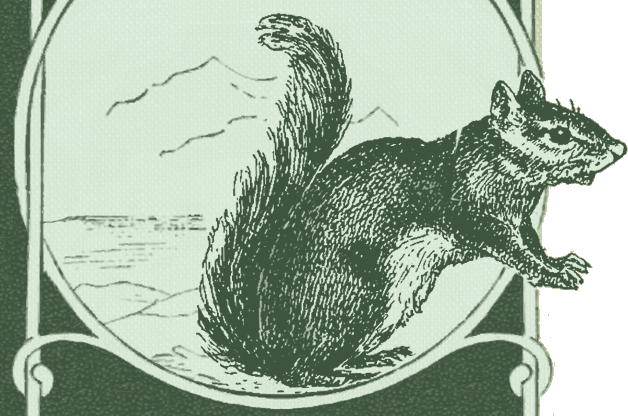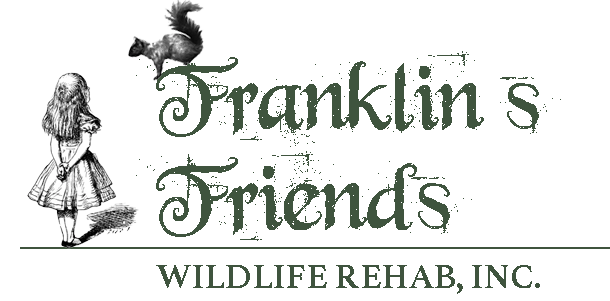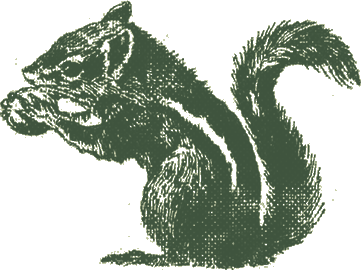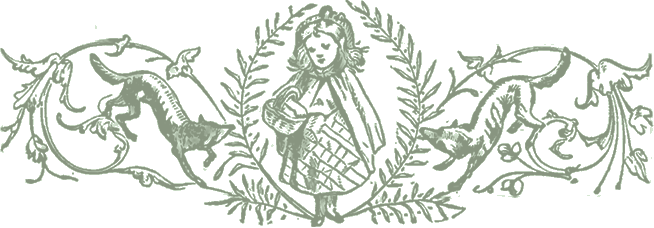If you’re at capacity, what are my alternatives?
-
To find another permitted rehabber, visit the Ohio Wildlife Rehabilitators list.
-
For tips on what to do while you wait to speak to a rehabber, Operation Orphan Wildlife has excellent content on their website. We do plan to expand our content on this site in the future as well.
-
To become a permitted State of Ohio wildlife rehabber yourself, start here.
How come you haven’t called me back?
Franklin’s Friends is a very small operation with one permitted category 1 (orphaned, uninjured mammals) rehabber. She does so on a volunteer, unpaid basis alongside a full-time (yet flexible) job.
As such, it just isn’t possible to return every phone call. Our focus is on quality care for the wildlife we intake and preparing them as best we can to live successfully in their natural habitat once released.
The goal is to expand the breadth and number of mammals we intake once we gain experience. We also plan to expand our education efforts to reach a broader audience.
Everyone has to start somewhere.
Since you’re permitted, don’t you receive State or Federal funding?
No.
Having a permit means a rehabber meets the state’s minimum standards—this includes proper training, housing, and vet oversight, and allows for facility inspections by Wildlife Officers.
Most wildlife rehab, including Franklin’s Friends, is done by unpaid volunteers. While grants exist, they’re often geared toward domestic animals, take time to apply for, and aren’t guaranteed.
Few rehab centers have the funds to cover both animal care and rehabber compensation. Most rehabbers fund the work themselves, alongside paying jobs, and any donations typically go directly to animal care or materials for public education.
Wildlife rehab is truly a labor of love.
How can I help Franklin’s Friends?
First of all, thank you! Here are a few ways you can help:
- Monetarily (donations are tax deductible)
- Donate your carpentry skills
- Rehabbed wildlife requires caging and various pre-release housing. For example, each group of squirrels gets a squirrel box in order to give them a “soft release” and help them acclimate to their new homes in the wild. If you’re handy building things, please reach out for plans.
- Donate supplies
- Paper Towels
- Nitrile Gloves – size medium
- Baby receiving blankets – nothing with loops like towels or crocheted blankets
- Thinner wash cloths – they help to pick squirmy little ones up!
- Unflavored Pedialyte
- Unscented Disinfectants (i.e. Bleach, Lysol, Chlorhexidine)
- Offer land for release
- If you have land in Northeast Ohio that is away from lots of people and domestic animals and are willing to allow responsible release of squirrels and/or bunnies on your property, please reach out.
- Donate food
- Clover or dandelion (from unsprayed land)
- Timothy Hay
- Shelled nuts




